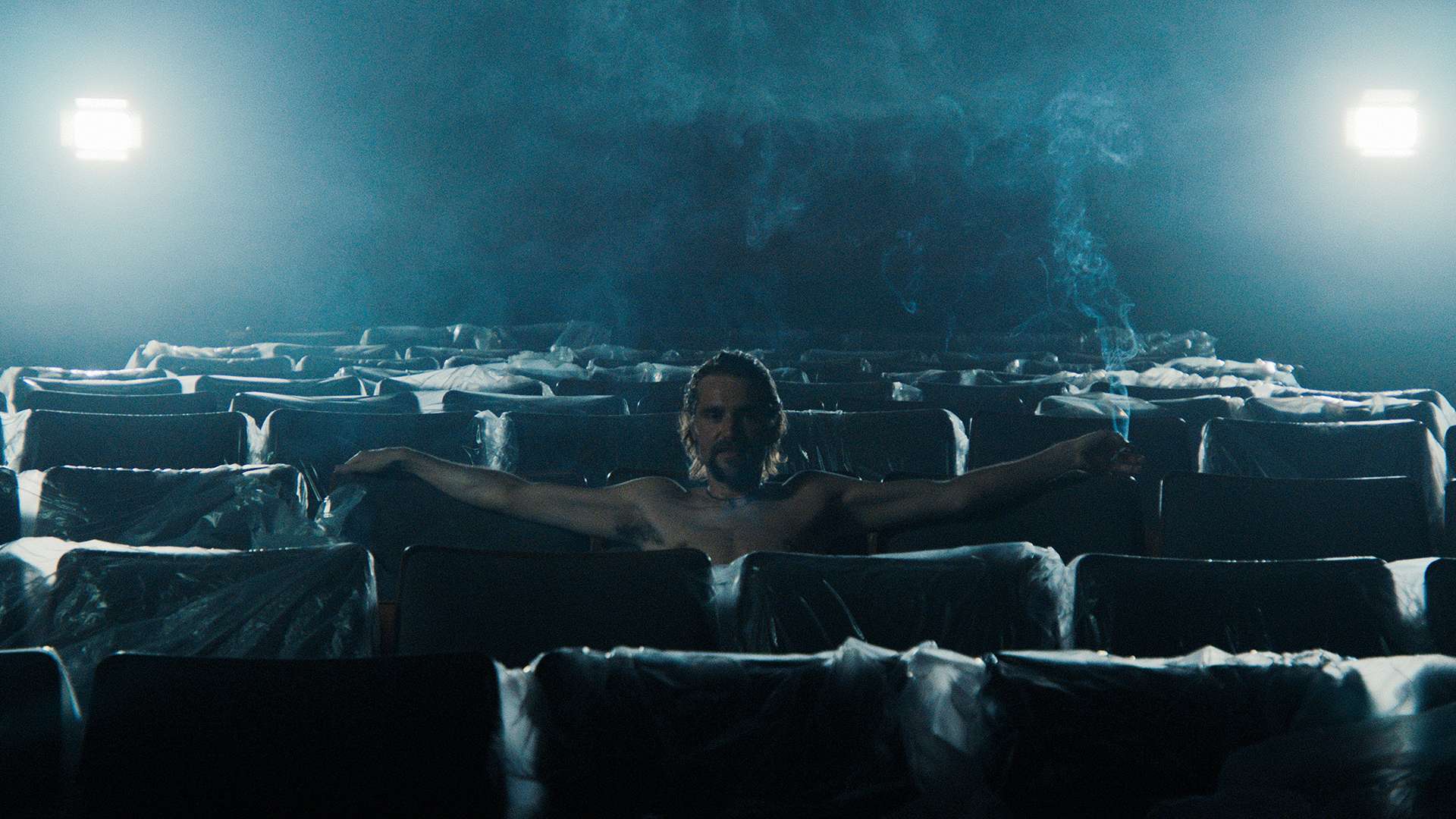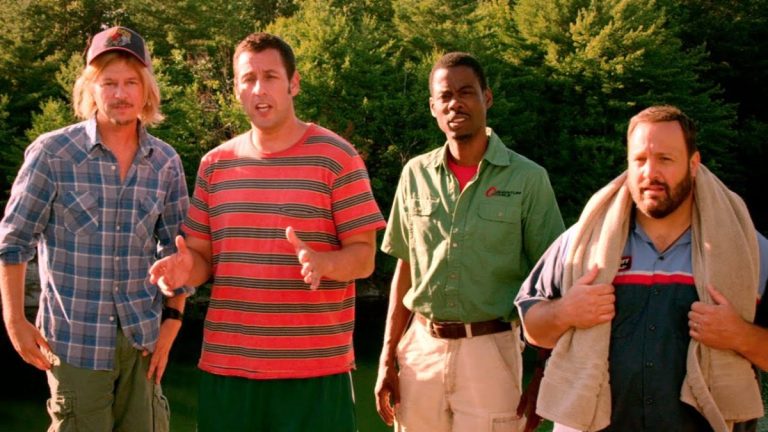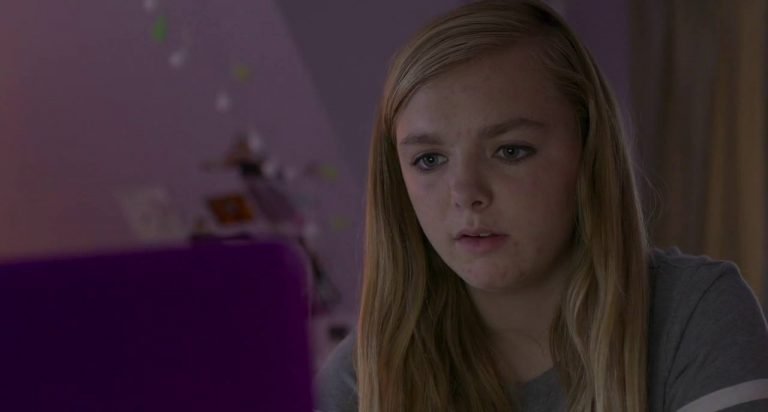It would be hard to believe that “A Desert” is Joshua Erkman’s feature-length debut. The kind of masterful buildup the first act of his film manages to conjure up is no short of brilliant. Taking inspiration from Hitchcock’s “Psycho,” David Lynch’s “Lost Highway,” and Tobe Hooper’s “Texas Chainsaw Massacre” with an original visual language to accompany those subtle nods, Erkman’s slow-burn horror has a sense of mystery that keeps you engrossed. However, it also slides away so much from where it’s aiming that much of it gets diluted as the narrative progresses into anti-narrative territory.
It all begins with Alex Clark’s (Kai Lennox) off-road adventure. He is an old-time photographer whose weapon of choice is an antique camera—the ones we only see now in period films. We get little to no introduction to him. Still, his communication with wife Sam (Sarah Lind) allows us to understand that he was once a great landscape photographer whose work has dried out like all the artists who weren’t ready for the transition into digital. We know that he has embarked on this solo road-trip to get ‘intentionally lost’ in the landscapes out north – something that he wishes to capture on film for a project that will help him revive the emotional side of his hustle again.
He scavenges through abandoned places around the Yucca Valley and later checks into a low-life budget Inn, where he is deeply disturbed by the violent arguments he hears from the people living next door to him. Worried, he complains to the Inn’s manager, but things take a turn when his neighbours — the unhinged and possibly abusive Renny (Zachary Ray Sherman) and Susie Q. (Ashley B. Smith) show up on his doorstep for an apology and later force their way into his room. Renny claims that he and Susie Q. are siblings but even someone as nice and straight-forward as Alex could gaze that the relationship is more of a pimp and a sex-worker.

The night with the two of them does not end well for Alex as he breaks down his sobering streak for something that remains a blur when he wakes up. To top that off, he indulges in more of Renny’s unhinged ways when he decides to ride off with him into the desert because he promises a place that will be worthy of the reels in his camera. However, this is where the film takes a pivot to focus on other characters that come into the mix. Alex’s wife, Sam, after radio silence from her husband for over a week, decides to hire a private investigator named Harold Palladino (David Yow).
The pivot here replaces the slow-burn, mysterious tone with a more dubious and voyeuristic approach that sits across from the initial setting that director Joshua Erkman opts for. A lot of the elements that were initially set up never come to any form of fruition as he keeps filling in newer, more unhinged elements that will give his film a genre-defying outlook. Alas, not all of his decisions work as the third and final act plummets into murky waters – disembodying the neo-noir for a more fruvelous and free-wheeling conclusion.
The acting is pretty standard across the board, with Zachary Ray Sherman being the clear standout. However, these characters eventually end up feeling half-baked despite the signs of a layered, complex approach to their arcs in the first act. For a debut, Joshua Erkman manages to get the best out of his cinematographer Jay Keitel, and Ty Segall’s scintillating score, which never overpowers the progression, is a clear standout. Sadly, “A Desert” doesn’t end up saying a lot, despite the initial intrigue and ambition.



![I Trapped the Devil [2019] Review: An unengaging genre film serving as an allegory for alienation](https://79468c92.delivery.rocketcdn.me/wp-content/uploads/2019/04/I-trapped-The-Devil_HOF-768x324.jpg)
![Vice [2018] Review: Too Many Vices](https://79468c92.delivery.rocketcdn.me/wp-content/uploads/2019/01/Vice_HOF_Review-768x318.jpg)



![Android Kunjappan Ver 5.25 [2019] Review: A Sweet and Succulent Surprise](https://79468c92.delivery.rocketcdn.me/wp-content/uploads/2019/11/Android-Kunjappan-Ver-5.25-content-and-featured-768x576.jpg)